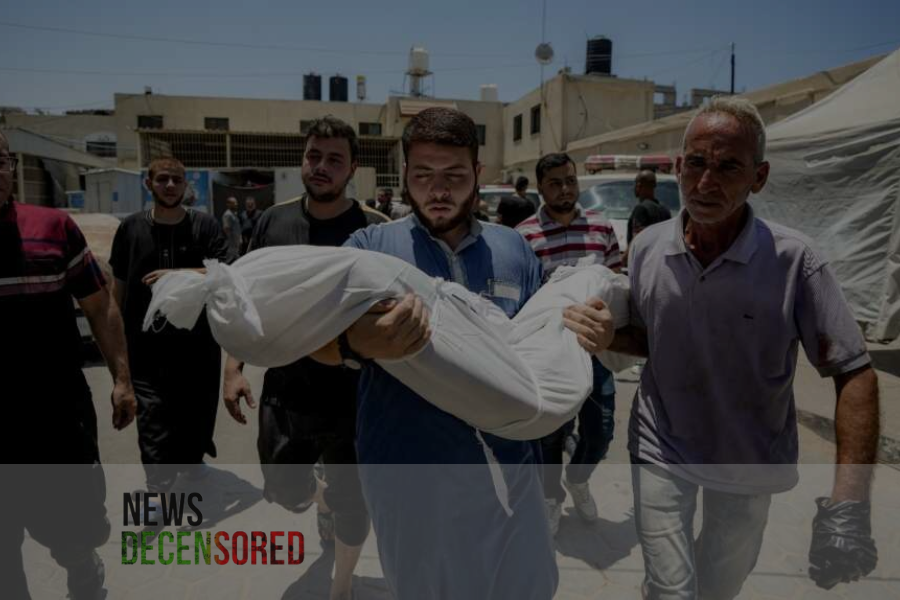An Israeli airstrike in southern Gaza has led to the death of at least 25 people. It is considered a major escalation in the conflict between Israel and Hamas, and military operations by Israel in Gaza City have forced the closure of several medical facilities, deepening a crisis there.
Preliminary reports said that the airstrike landed in part of a southern Gaza residential area. The explosion was colossal, sending buildings to the ground and debris in different directions. Witnesses described scenes of chaos and devastation as emergency personnel worked frantically to free the living and the dead from the wreckage.
Local health officials confirmed the death toll, stating that the majority of those killed were civilians, which included women and children. Dozens more were reportedly injured, many of them critically. Medical facilities are already overstretched in southern Gaza, and now they have to cope with an even greater number of casualties, adding more pressure on the staff.
Siege on Medical Facilities
The same can be said of Gaza City. Numerous major health facilities have been suspended as a result of the increased Israeli onslaught, including some hospitals and clinics. Doctors and medical staff also report an acute shortage of vital drugs and equipment.
“We are working under extremely difficult conditions,” said Dr. Amal Hamdan, a physician with Al-Shifa Hospital. “The constant bombardment has made it impossible for us to provide adequate care. We have run out of basic supplies, and the number of wounded patients is too much to deal with.”
WHO has grave concern about the deteriorating situation of health in Gaza. In a statement, the WHO called for immediate access to the region as a matter of urgency to deliver humanitarian aid and medical supplies, mindful of the urgent need to assure access for critical assistance through a ceasefire.
International Reactions and Calls for Ceasefire
The international community reacted with alarm to the latest escalation and called for an immediate ceasefire. UN Secretary-General António Guterres said, “The cycle of violence must end. The humanitarian situation in Gaza is catastrophic, and the protection of civilians must be a priority.”
Mediation on the part of countries like Egypt and Qatar has been quite active in the process of this conflict between Israel and Hamas, trying to come up with some compromise for a cease-fire. However, all efforts to date have been stopped, and diplomats are worried that the situation will escalate further even before an agreement can be reached.
Wider Implications
The current hostilities have likewise resulted in the deaths and maiming of many civilians in Gaza. Tens of thousands have been displaced to overcrowded shelters, according to the United Nations Relief and Works Agency for Palestine Refugees in the Near East. The humanitarian situation in the Gaza region is exacerbated by the much-reduced access to food, clean water, and electricity that the blockade causes.
Human rights organizations have condemned attacks on civilian areas and attacks on medical facilities, demanding accountability to put an end to the violence. Amnesty International has urged both parties to observe international humanitarian law and protect civilians.
Conclusion:
As the conflict between Israel and Hamas escalates by the hour, the increasing human cost is reaping further loss of civilian lives. An airstrike by Israel in southern Gaza has killed 25 people and underlined the urgent need for international intervention and a revived peace process. The shutdown of medical facilities in Gaza City underlines the critical need for humanitarian assistance and ensuring the protection of healthcare workers and facilities.
This crisis requires swiffer action, and the international community should work to control the situation toward justice and sustainability in the resolution of the conflict.















